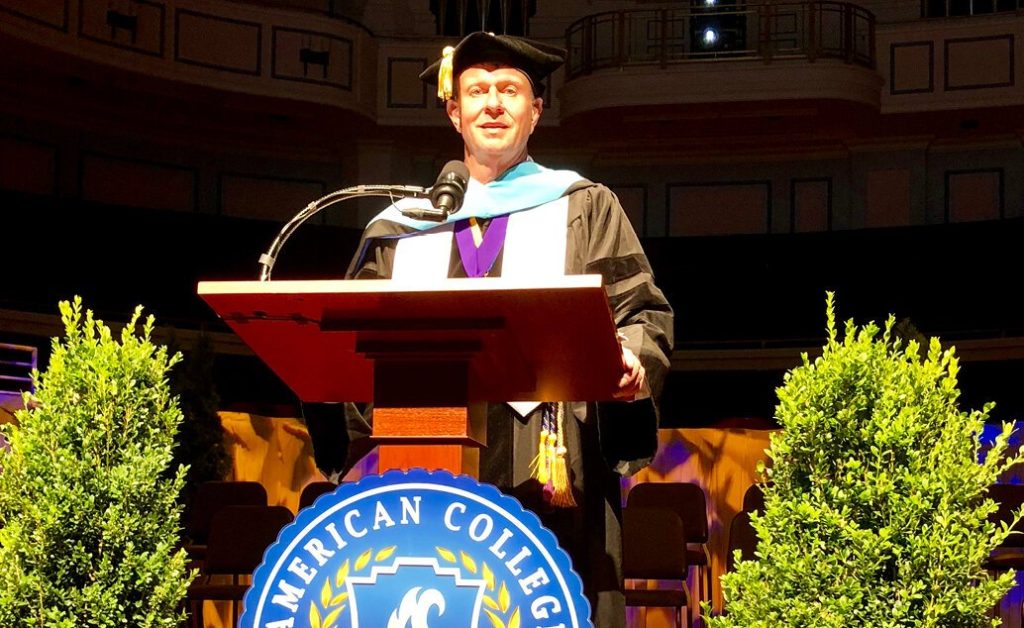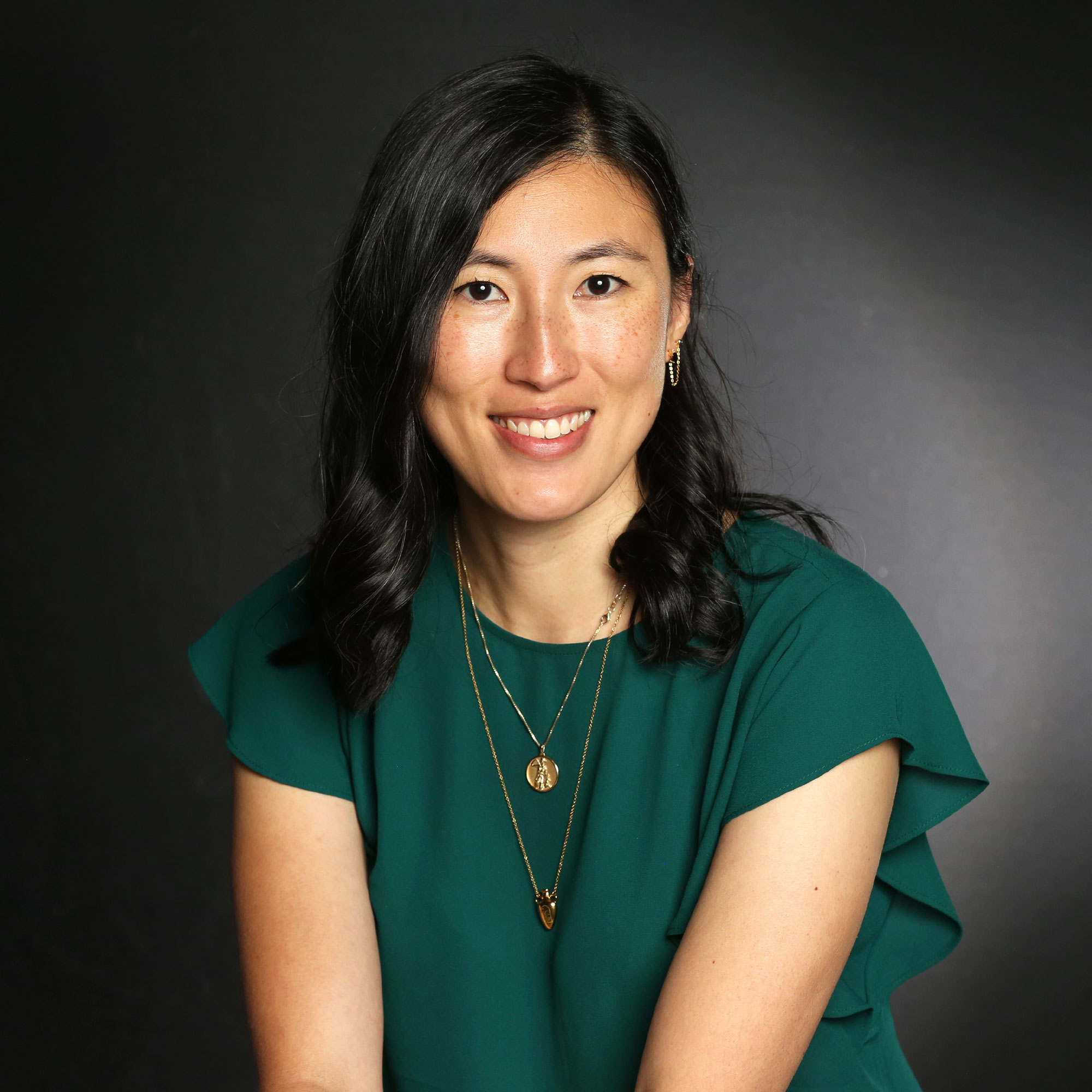
There’s no stopping Michael Weissberg’s curiosity or educational drive. Currently in the dissertation phase of his doctorate, Weissberg already has a completed Ed.S. from ACE on his resume along with several other master’s degrees. “I’ve been in school forever,” Weissberg readily admits, and yet even so his thirst for knowledge hasn’t been quenched.
Weissberg was recently admitted into the Law Enforcement Advancing Data and Science (LEADS) Scholars program, a highly selective scholarship given to only 10 law enforcement officers across the country every year by the National Institute of Justice. Weissberg has already had a long and robust career in law enforcement, even taking his experience into the classroom as a part-time professor of criminal justice and crime scene forensics. With the LEADS scholarship, he will conduct data-driven studies that could positively impact police officers on a national scale. We recently spoke with Weissberg to learn more about his unique path:
ACE: People usually associate Ed.S. and Ed.D. degrees with the field of education but as you know, the knowledge and leadership skills one gains from these programs can be applied to almost any field. How have these ACE programs enriched your career in law enforcement?
Michael Weissberg (MW): With my specialist degree, almost immediately I got a new position at work. Additionally, I took the grant-writing class with Dr. Silverman. I had done grant writing before but once I took that class I was much better at it, and I put in for almost $7 million worth of grants since I took that class. So far, every grant that I’ve put in for we’ve been funded for. Even that one class changed my entire career for the better and it’s really helped to modernize my department.
ACE: How would you describe your ACE experience thus far?
MW: This program has been fantastic. I can rattle off the names of all my professors. Some of them have given me their cell phone numbers. Some of them call me to see how I’m doing and I’m not in their classes anymore. It’s very easy to be disengaged as an online professor, but the professors here are the best I’ve ever had. The professors are just really interested in seeing you succeed. They’re not interested in anything else but your success. I don’t think I could have gotten a better program at Harvard, Yale or Stanford. I love this program and I’d like to teach in this program someday.
ACE: Only 10 people are awarded the LEADS Scholarship each year out of nearly a million law enforcement officers. What does it mean to have been selected?
MW: I’ve always been a local cop. This gives me a chance to interact with people from all over the country and try to bring back a national perspective to this little tiny agency in the middle of the Everglades. The agency needs to be modernized and it needs some support and best practices, and this will help.
ACE: What do you plan on researching as part of your LEADS Scholarship?
MW: In law enforcement when they do in-service training, they either group officers by shift or by rank. I said, “What if we tested all the officers to find out their learning style preferences, and then when they do in-service, the instructor altered the modality based on learning style preferences?” The idea is the instructor knows and plans ahead for what students they’re going to have and their preferred modalities, and alters their presentation based on the needs of the students not based on the needs of the instructor.
If this idea catches on, it might change the way we train law enforcement officers. Every time somebody gets involved in a use of force or a shooting, what does everybody say? “Oh, the cops need more training.” It might not be that they need more training, it might mean they just need better quality training.
ACE: You are currently in the dissertation phase of your Ed.D. and now you are a LEADS Scholar. This is an ambitious amount of work to take on at the same time. What would be your advice to current students who are feeling stressed trying to balance a large workload with everything else in life?
MW: One of the things you need to do is get a hold of all the stakeholders – your spouse, your children, your bosses – and get their support. I work directly with the major and the chief, and they’ve told me, “You need to complete this.” Having a support system is really crucial.
But this really is not as hard as I thought it would be, honestly. It’s not as hard as you’d think. And really if there’s one thing I could put into quotation marks: “If you can do a bachelor’s, you can do a master’s. If you can do a master’s, you can do a doctorate. It’s just how much you’re willing to put up with to get it done.” You’ve got to go into it knowing that when you’re in the dissertation phase, everything you put on paper there’s going to be a kickback. You’re going to get everything wrong 50 times until you get it right. If you know it going in, it won’t bum you out. You just have to keep going, keep at it.
If you are ready for a doctoral-level program, American College of Education is ready to help you pursue it. Explore our doctorates or our education specialist programs.

